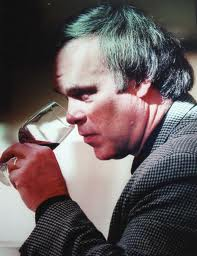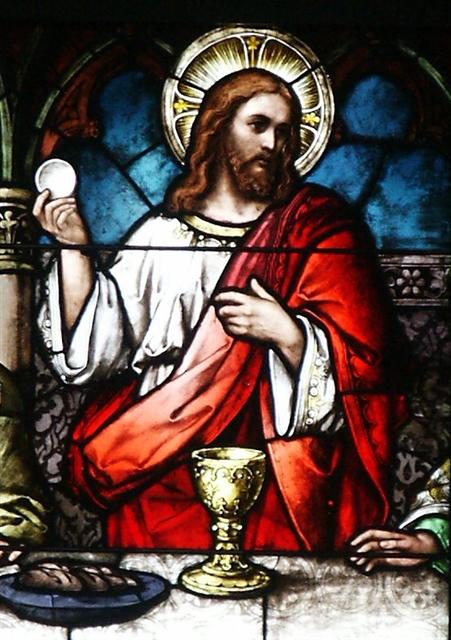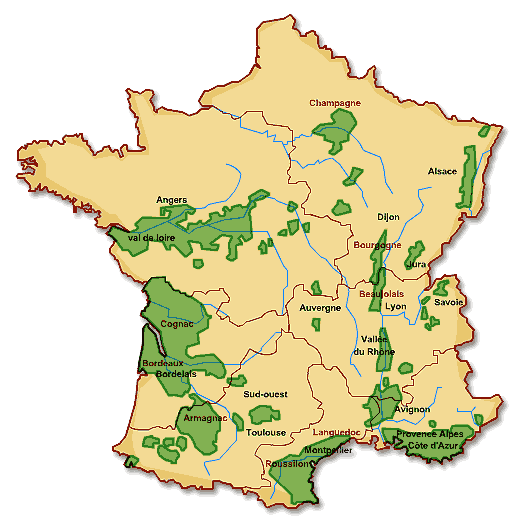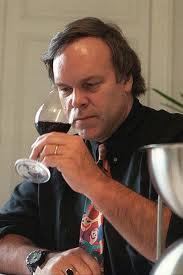This short paper aims to contribute to our understanding of how culture moves through the world by analysing how the work of Robert Parker, the well known wine ?guru?, has translated and made understandable, through a form of cultural syncretism, the culture of wine to the American consumers — a wine culture that, until the 1980’s, was mostly dominated by French culture.
(Présenté par Vincent Fournier au 110e congrès annuel de la American Anthropological Association, novembre 2011.)

Wine : a polysemic symbol

France was the most important wine-producing country until the 1960s, and it is mainly in France that the modern cultural discourse of wine appreciation evolved and developed.
At the core of this symbolic system, we find a strict hierarchy between varieties of wine.
This hierarchy, I suggest, is a reflection of traditional French aristocratic hierarchy.
The Appellations d’origines controlées (Aoc) play a central role in this cultural construction of differences between products.

Through the notion of ?terroir?, which will become the principal trope explaining the qualitative differences between producers and between regions, thus ?naturalizing? (Yanagizako and Delaney) the cultural capital and reconnaissance obtained historically through commercial success (Unwin, 1996),these hierarchies of ?terroir? will then be legally fixed in the Appellations d’origines controlées system, reinforcing their ?naturalization?.
A hard worker, he also represents the self made man myth, since his success is only attributable to himself and his hard work.
As a ?real American?, one of his main objectives will be to ?democratize? the wine:

Following Parker, this system will be adopted as the main evaluation system by most American wine media and, consequently, Americans consumers.
.jpg)
This system will put on the same comparison grounds all the existing wines of the world, opening the possibility of having an unknown self made wine getting a better score than renowned ones, like great Châteaux from prestigious regions.
Although Parker’s objective was to democratize wine, his influence will boost its price.
The inflation of wine bottle values will lead to the development of non-drinking wine buyers:
- The non-drinking collector who buys wines as a symbol of social status
- The collector investor who is motivated by the possibility of reselling the wines for profits.
In a similar way, can we ask ourselves how wine, through our multiple practices of consumption, through its multiple significations and through the different discourses about it, wouldn’t be a story we tell about ourselves?
Parker’s objective was to democratize wine. In reality, he helped the transformation of a symbolic system recognizing a certain hierarchy into another system recognizing another hierarchy. At the same time, the new hierarchy won’t replace the old one, but will reiterate it through a new discourse and give it new meanings and significations, thus enabling its interpretation by American consumers.
As a real ?wine guru?, he operated a syncretism between the French wine universe and some important American cultural values, making wine culturally significant to the average American. We can then ask ourselves how cultural syncretism helps to understand how culture moves through the circulation of goods in the globalized economy.
(3) R. Nalley « Wine ratings: Are they help or hindrance to shoppers? » Schenectady Gazette, April 1st 1988,
McCoy, Elin (2005). The Emperor of Wine: the rise of Robert M. Parker, Jr. and the reign of the American taste. New York: HarperCollins, p. 252.
DION, R., 1959: Histoire de la vigne et du vin en France des origines au XIXe siècle, Paris, Flammarion.
GEERTZ, C., 1973: The Interpretation of Cultures, New York, Basic Books.
LACHIVER, M., 1988: Vins, vignes et vignerons. Histoire du vignoble français, Paris: Fayard.
ULIN, R.C.,1996: Vintage and tradition, an Ethnohistory of Southwest French Wine Cooperatives, Washington, Smithsonian Institution Press.
YANAGISAKO, S et C. DELANEY,1995: Naturalizing Power, Essays in Feminist Cultural Analysis, London and New York, Routledge.
UNWIN, T.,1991: Wine and the Vine, an Historical geography of viticulture and the wine trade, London and New York, Routledge.
